Pula Medical Faculty Dean and Anti-vaxxer Sacked
30 June 2021 – The Pula Medical Faculty Dean has been vocal against COVID19 vaccinations, often stating quite outlandish numbers and ideas. On Tuesday he officially lost his position at the school.
Dr. Kresimir Pavelic became known to the Croatian public just a few days ago as a passionate COVID19 vaccine skeptic. He spoke on the roundtable organised by political party Promijenimo Hrvatsku (eng. Let’s Change Croatia) entitled “Coronavirus – time for truth”. Dr. Pavelic stated some alarming figures the sources of which he didn’t mention. He said that the last four months saw more patients dying as a result of the COVID19 vaccine than those of all the vaccines combined since 1990. He also mentioned very suspicious numbers of 10000 dead in the EU and 4000 dead in the USA as a result of COVID vaccine complications. Slobodna Dalmacija reports Dr. Pavelic also warned that people who already had the vaccine are now potential carriers of new mutations of the virus and should be banned from donating blood. Supposedly, he has already talked earlier about the connection between COVID19 and Bill Gates.
Aftermath
On Tuesday the Medical College of Pula let him go from the position of the Dean. College rector, Dr. Alfio Barbieri said the move comes as a direct result of Dr. Pavelic’s public anti-vaccination statements. Apparently, this is not the first time he made his opinions on the matter known. He became quite popular with the so-called anti-vaxxers in Croatia.
This bizarre story doesn’t end here. Apparently, Pula Medical College is not really an active college. Rector Barbieri told Slobodna Dalmacija National Council for Science, Higher Education and Technological Development denied issuing a permit that would make his college’s educational program valid.
It seems the COVID pandemic revealed interesting viewpoints of many people around us. Stories like this one come hardly as a surprise anymore. Still, it is not every day that a person with such a high knowledge of health and medicine speaks out against COVID19 vaccines.
For more about COVID-19 in Croatia, follow TCN's dedicated page.
Epidemiologist: At This Rate, Vaccination Goal Won't Be Met Until Autumn
February 9, 2021 – In a Croatian media TV interview, epidemiologist of the Croatian Institute of Public Health Bernard Kaić yesterday said the plan to vaccinate half of the population by the summer will be delayed. He predicted that if Croatia continues vaccination at its current rate, the goal would not be reached until autumn, possibly late autumn
Epidemiologist of the Croatian Institute of Public Health Bernard Kaić, speaking to Croatian media RTL, told them the plan to vaccinate half of the population by the summer will be delayed. The epidemiologist predicted that if Croatia continues vaccination at its current rate, the goal of vaccinating half of the population within the country will not be completed until autumn, possibly late autumn.
"I can't say (by) exactly how much,” he told RTL, regarding how much delay will occur, “because we still don't know how many vaccines we'll get in March. And (how much) after March we (still) have no idea.”
“If this pace continues, it would take four million doses to vaccinate half the population. We won't achieve that until autumn for sure, and it’s late autumn,” the epidemiologist said.
According to an article in Index, the epidemiologist said that, as things currently stand, there will be three vaccines used in Croatia - AstraZeneca, Moderna and Pfizer / BioNTech. They will be used concurrently, with vaccinations from all three available in Croatia at the same time.
When asked which vaccine he would choose to be vaccinated with, the epidemiologist answered that he did not know and that he was glad that he did not have the opportunity to choose. "There was only one offered so I got vaccinated,” said the epidemiologist. “It would be really hard to decide."
When asked why some states have given up vaccinating those over the age of 65 with the AstraZeneca vaccine, the epidemiologist explained that in currently available results from clinical studies the messenger RNA vaccine had proven to be somewhat more effective in preventing mild forms of Coronavirus than the AstraZeneca vaccine. Some of the vaccines work in different ways. However, the epidemiologist ultimately said that it was expected the AstraZeneca vaccine would prove to be effective, it was just that this had not yet been proven statistically.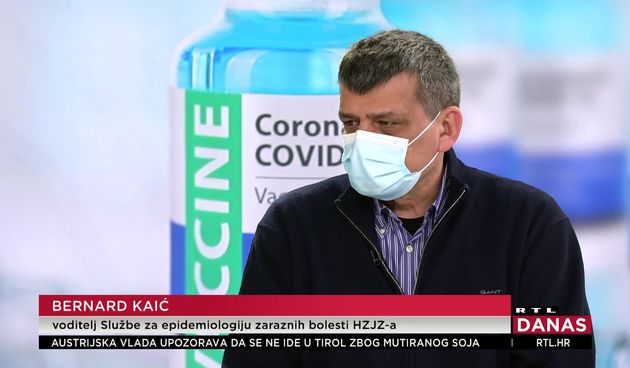 RTL screenshot
RTL screenshot
Later in the interview, the epidemiologist was asked “Due to skepticism towards AstraZeneca, many associations in (Croatia's) border areas plan to take pensioners to Serbia for vaccination. How smart is it to accept such an arrangement?”
The epidemiologist replied; “My only fear is that such organized trips do not turn into corona-trips so that people do not get infected on the way back and forth and do themselves harm. I would wait.”
The three vaccines for which Croatia is currently expecting deliveries are now not the only vaccines available. Speaking in a discussion on the same evening on another Croatian media outlet, HRT, Zlatko Trobonjača, an immunologist from the Rijeka Clinical Hospital, spoke about the Russian vaccine.
"Our country is obviously following the EU and its decisions,” he said. “The EU has entered into talks with Russia. It can be expected that these talks will continue. It is a quality vaccine, it provides high protection.”
"As for the quality of the vaccine, we can see that it is not harmful and it could be used in our country. The EU is oriented towards Western companies. And now, they (the companies) did not stick to the agreement," Trobonjača said, adding that he would be vaccinated with the first vaccine that was made available to him.
Croatian Healthcare Workers: Christmas's Forgotten Heroes?
December 28, 2020 – Amidst the difficulties of a second lockdown, a socially distanced Christmas and yet more earthquakes, have we forgotten about Croatian healthcare workers? TCN decided to interview a doctor working on the front line of the fight against COVID
During the first lockdown, it was all about the balconies. Saxophonists, DJs, opera singers – we were entertained on social media by a string of balcony-based stunts that somehow showed resilience, community spirit, humour. Zagreb was no exception. A trend of clapping on balconies in appreciation of healthcare workers passed from country to country and was picked up in Zagreb. After the applause finished, people went back inside. Nothing much had changed. It was a nice enough gesture.
Since the start of summer, no such applause has been heard. Perhaps the release from lockdown gave the signal that the lives of Croatian healthcare workers had also become much easier? That certainly wasn't the case. Though the number of people infected with COVID has grown significantly over recent weeks, Croatian healthcare workers have been treating people sick with COVID since springtime.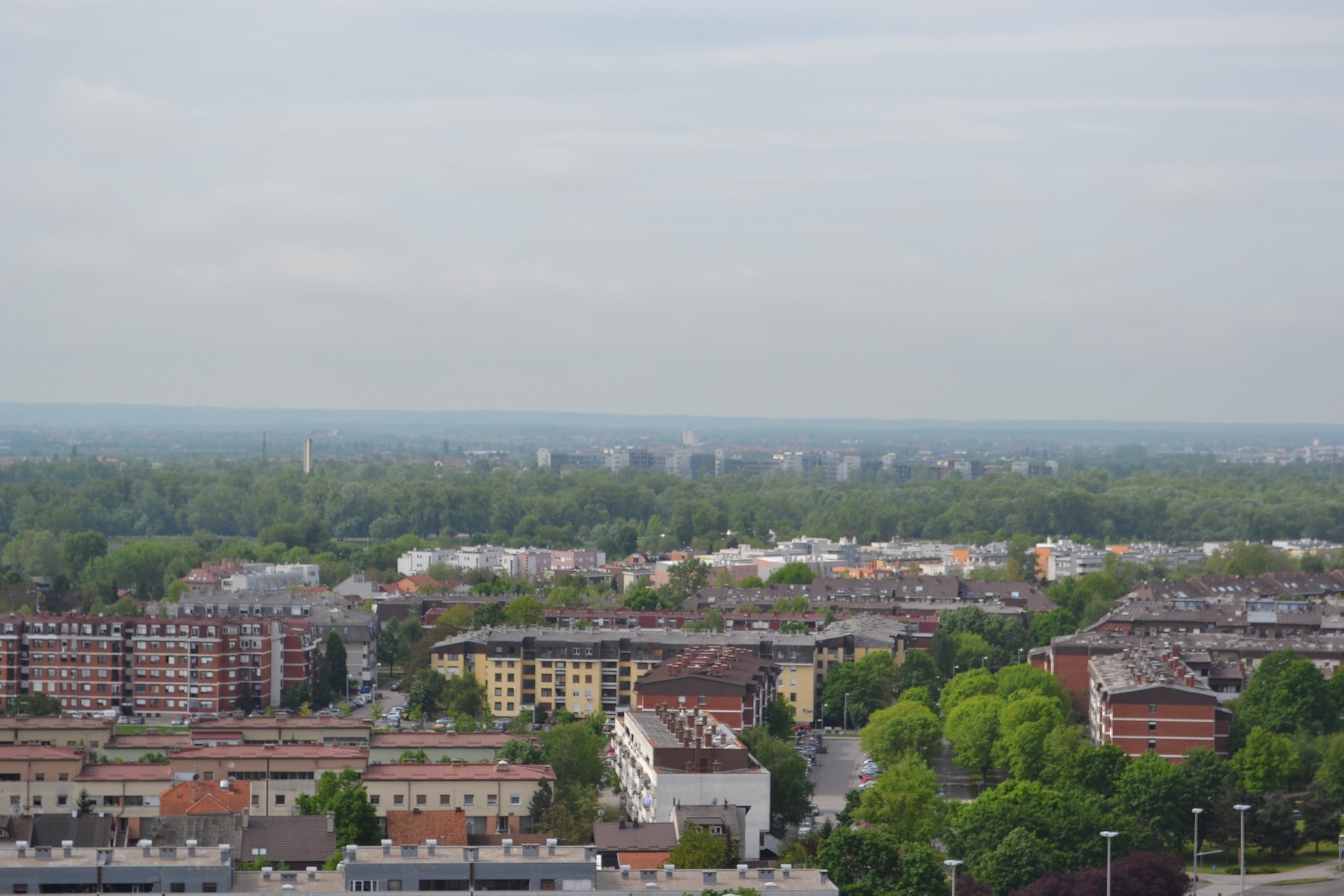
Croatian healthcare workers are currently busier with COVID patients than at any time before. And yet, there are no more trips out onto the balconies to show our appreciation for them. Perhaps it's now too cold outside? Perhaps some aren't aware how busy Croatian healthcare workers currently are with COVID patients? Are we perhaps guilty of taking Croatian healthcare workers for granted? Or, maybe we have simply put Croatian healthcare workers to the back of our minds as we struggle with our own challenges?
Throughout this year, TCN has been pleased to report many instances of generosity and innovation directed towards the fight against COVID. Certainly, not everyone in the country is guilty of forgetting about the Croatian healthcare workers who are on the front line fighting this disease. But, how much impact do these instances have on the general lives of Croatian healthcare workers? What is it like to no longer hear the nightly appreciation from our balconies? And, just what is life like as one of the many Croatian healthcare workers battling COVID in the year of the pandemic? TCN decided to interview one to find out.
The doctor we spoke with is a resident physician, working at a smaller community hospital in the continental part of Croatia. They agreed to speak with us on the condition that they do so anonymously.
Looking back at the first lockdown, we didn't know so much about COVID back then. We didn't know exactly how it was spread, the different manifestations of the disease, what course the disease took, nor what the recovery could be like. I think the government did a really good job of responding to the threat as they saw it. We had a small spike in cases, but that is minuscule to what we have now.
I think people generally did what they were told because they thought it would be temporary and they could see the sense in starving the disease out.
At the hospital, we were at first caught a little off guard with the amount of PPE we had and some other resources that we needed. For ICU and ventilators, we were well equipped.
Some of the residents were given some paid leave. It was important to put human resources into tiers. Croatian healthcare workers were certainly more predisposed to catching the disease, simply because they were around it every day.
After such great early successes, I was surprised that everything was relaxed later on to allow the tourist season to take place how it did, and for events like the Vukovar commemoration. It felt like it was a calculated risk. The lockdown we are now in is perhaps too little, too late. The disease is out there now, wild. The numbers of infected people are significantly higher.
The difficulty with this disease is that people can be infected and have very few or no symptoms at all. They might not know they are spreading the virus. You might not know you're sitting next to someone who has it.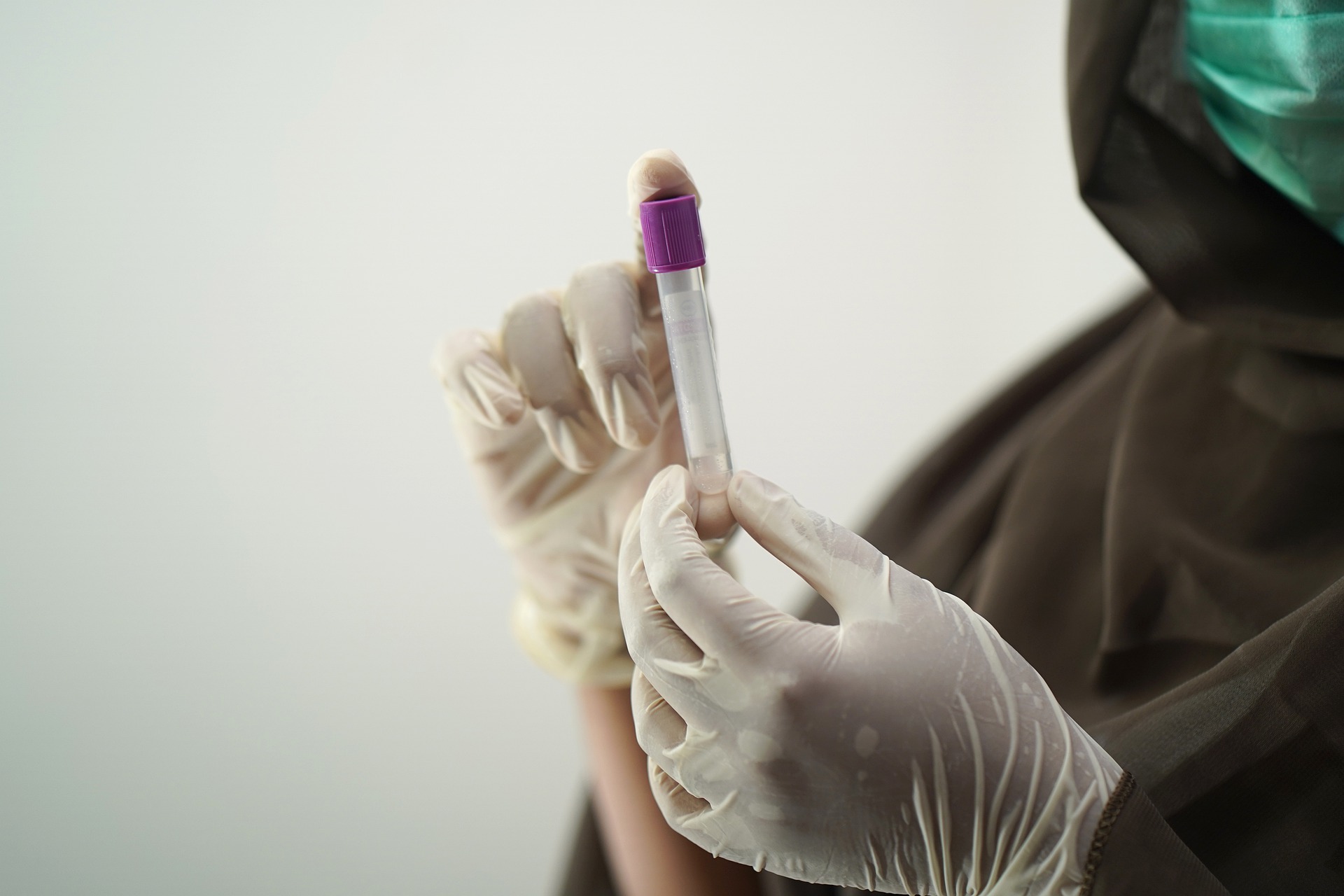
Even though we're not at the centre of care for a major population area or city, we saw cases of the disease almost immediately. Our community hospital services an area containing around 150, 000 people. The first cases in April came from nursing homes – elderly, vulnerable people, many with pre-existing conditions. We were well equipped to handle it. Now, we are stretched on a daily basis. We fill the beds with sick people as soon as we empty them.
We wear masks and PPE all day, all the time. All Croatian healthcare workers in hospitals currently do this. Every patient who comes in, regardless of their symptoms, we treat them as though they are carrying the disease.
A lot of residents like me, who are working towards getting their specialty, go to do some periods of work in larger hospitals in the bigger cities. Now, many of those residents have been called back to their community hospitals – we are short on human resources.
The hospital has had to restructure itself significantly. Lots of doctors have been asked to provide cover in the emergency department. Over half of that area is now fully dedicated to COVID.
What do COVID patients look like in regards to their symptoms? It depends on their age and risk group, but you see people who look like they have flu or bacterial pneumonia, you see people who are in acute respiratory distress. Sometimes they have neurological changes, some of them look like they have had a stroke. Some people who have been infected and have supposedly got over the worst of the symptoms, come back in after a month or two with blood clotting problems – blood clots in the legs, which have a tendency to travel up to the lungs and cause a pulmonary embolism. That's a pretty big medical emergency. Some who have pre-existing heart conditions come in with a heart attack triggered by them catching COVID – it's more complicated trying to revive someone when you know they have COVID. The presentation of the disease is so variable.
It's not only older people. I've seen young people be admitted with serious reactions to COVID - young, healthy people who have no pre-existing conditions. I've seen young people come in with mild symptoms, they are sent home with antibiotics and steroids. That is the standard treatment – antibiotics to prevent a bacterial super-infection and steroids to prevent an acute reaction by the body's immune system to COVID. - that's what can cause big problems later on, in the course of the illness. But, sometimes that's not enough. I had a young patient just last week - super healthy, worked out regularly, no pre-existing conditions – and his lungs just looked awful. He had to go to the ICU immediately (sadly, this patient later died). That's like no disease I've ever seen before. Really, COVID is a completely new kind of animal.
The new strain of COVID? There is evidence that it can be spread more easily, and that it can affect more younger people, but there is no evidence that it is any more severe. The vaccines will work against it.
We're short on ventilators now. Really, we need two free ventilators at any time, in case there is an emergency admission. We are not currently in the position where we always have two free ventilators – sometimes they are all in use. That's a worry. I worked one shift where the anaesthesiologist said “We just don't have any more space for them – we will just have to put them in the hallway”. I've never seen that before.
I've heard of Croatian healthcare workers, colleagues in other hospitals getting sick with COVID and the hospital asks them to prove they got sick at work. It's pretty clear that's the most likely place they would have got sick because they're working with COVID patients. They were forced to be off work, but only on a lower level of sick pay. If you get ill because of being at work, you get full pay. But, they couldn't prove it, so they didn't get that.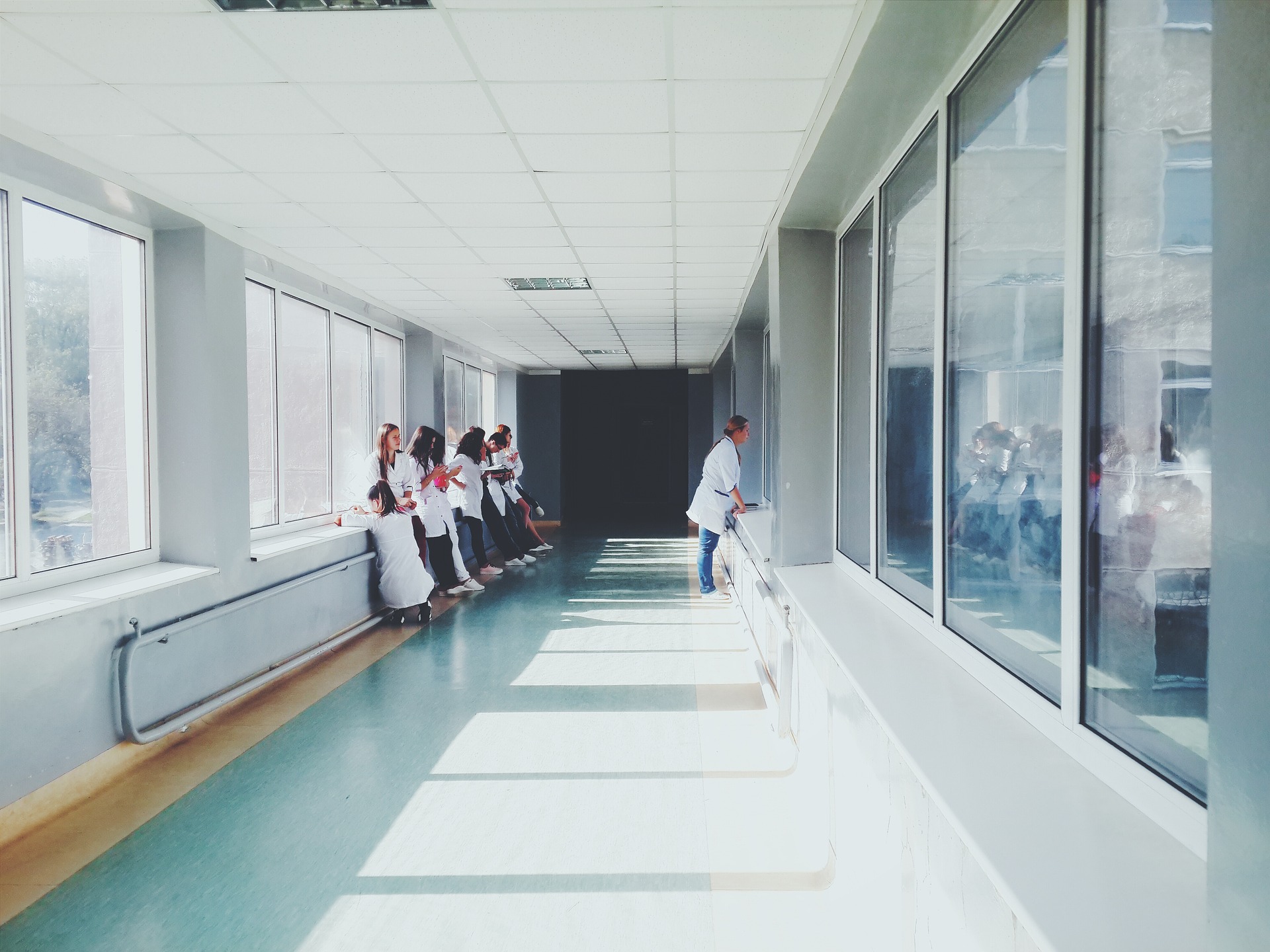
I've been lucky – I haven't caught COVID yet. Well, as far as I know. My pay hasn't gone down, it's gone up – but only because I'm working so many double shifts. I volunteer to provide cover when other members of staff get sick. The specialists – the consultant doctors – they have it worse than us resident doctors. They are more responsible, so they are expected to work more hours. Nobody is pressured or threatened into picking up extra shifts, it's just something that almost all of us just do.
I've read some nice stories about fundraising efforts and donations to Croatian healthcare workers and hospitals in different parts of the country. Everything is appreciated. But, I personally haven't seen any effect of that on our day to day lives at work. Not at our hospital. Maybe there were PPE donations or cash donations, but it hasn't impacted the daily lives of me and the Croatian healthcare workers who are my colleagues. I think I heard that a local garage was giving free cups of coffee if you show your medical ID. Every little is appreciated.
For me and the Croatian healthcare workers who are my colleagues, instead of any kind of personal discounts or donations to staff, we would much prefer if people just took this disease more seriously. Things look very different when you work in a hospital compared to someone outside who maybe doesn't know anyone who got sick.
I came off a particularly difficult double shift a couple of months ago – it was just non-stop COVID admissions, some severe cases. As I was walking home, I walked past a bar that's near to the hospital. They had signs on the walls telling people to keep their distance. But, the bar was absolutely packed – full of young people. It just felt so disappointing. I couldn't help but think of the older relatives they would come in contact with, some who might get really sick.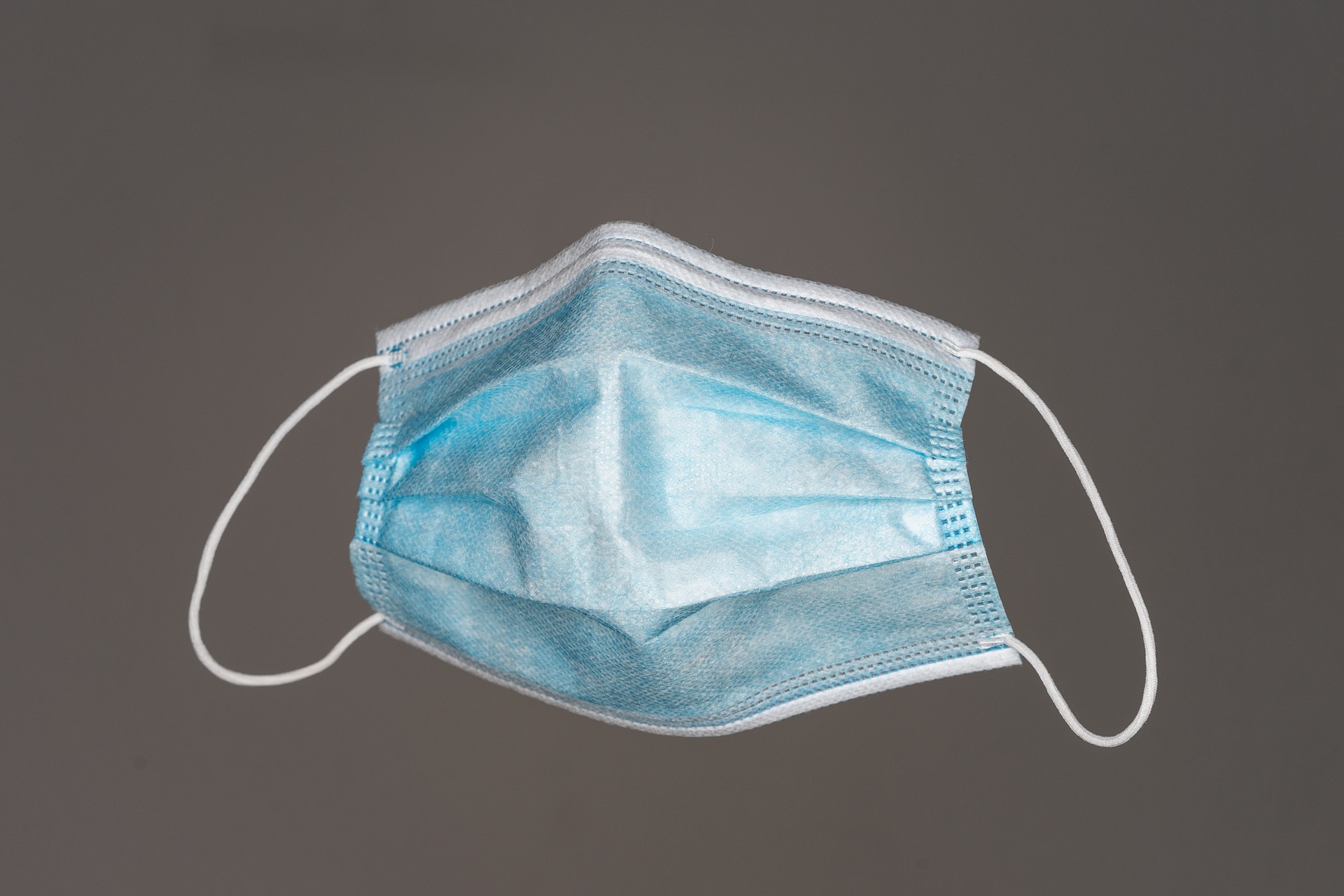
Instead of people clapping on balconies, I think Croatian healthcare workers would just prefer more general vigilance and personal responsibility – wear your mask, wash your hands regularly, no more parties in the basement. Clapping on balconies is a nice gesture, but ultimately it's an empty one.
How does it feel to know that there are some people out there, in every country, all around the world, who believe COVID is a hoax, or a plot, or not so serious, or that the vaccine is dangerous or something other than what it is?
Well, it's not always the content of the conspiracy theory that appeals to these people as much as it is their inability to accept facts – the truth – because they have little faith in the authorities that are telling them this. Here in Croatia, I think that distrust is quite high – a lot of people are disillusioned with the state and politics, because of corruption. Sometimes over 50% of the population choose not to vote. The dissemination of misinformation over social media doesn't help - if that's where people get their news from. If you look at that example from your own country, where strict measures about movement were put in place by your government, and immediately afterward, the Chief Advisor to the Prime Minister, was caught breaking them to travel across the country with his family to a second home in the countryside, going out on day trips. And he was defended by his colleagues after he was found out! When people see those kinds of things happening, the distrust between people and the authorities just grows.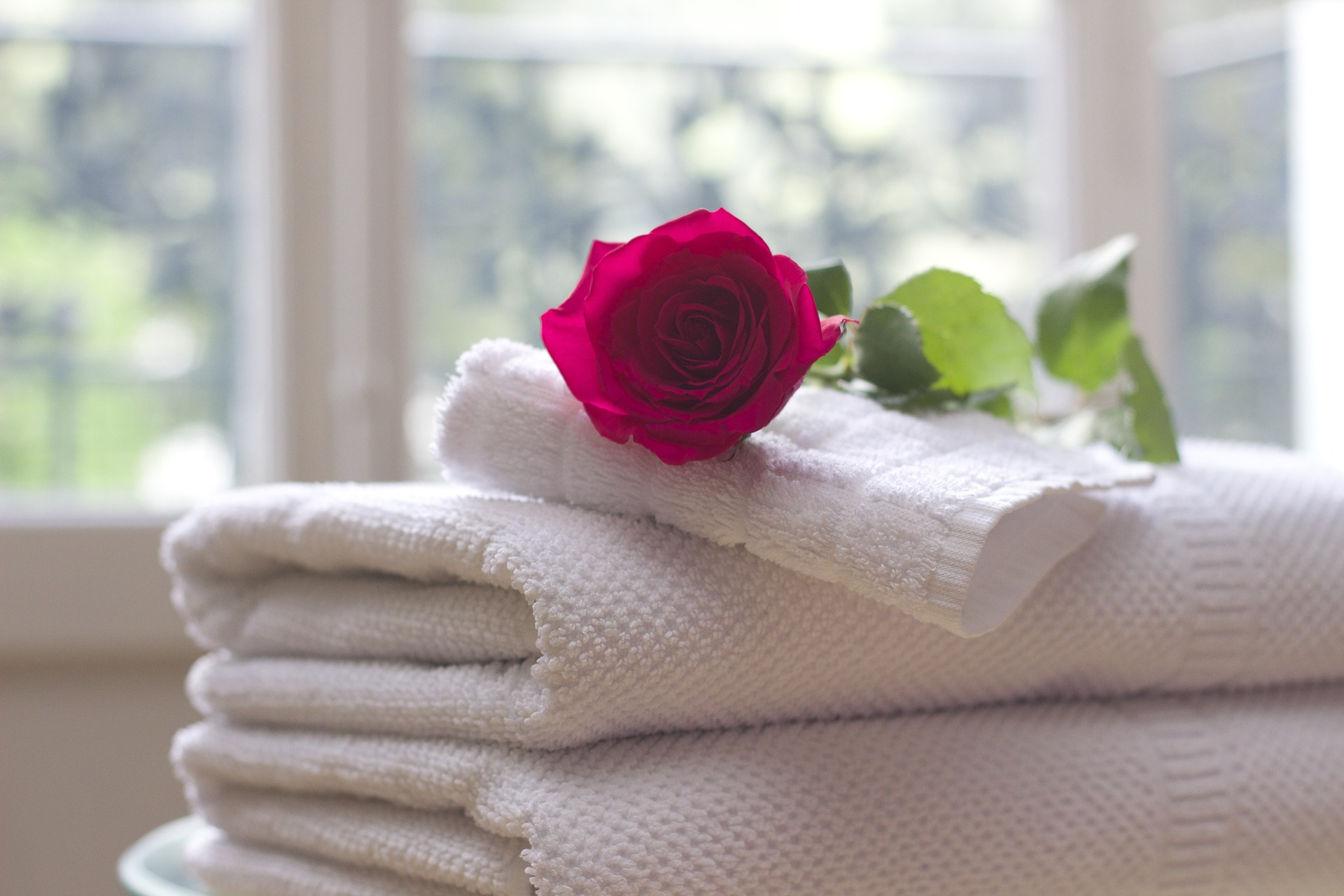
All of the images in this article are used as illustrations only. None of the places or people depicted are in Croatia or Croatian, except for the first image, a panorama of Zagreb
Plenkovic: COVID Vaccines to Arrive in Croatia as Soon as They are Registered
ZAGREB, November 14, 2020 - Croatia, in cooperation with the European Union, has ordered COVID vaccines from several companies, and the delivery of the reserved doses can be expected in the country as soon as the vaccinations are registered, Prime Minister Andrej Plenkovic said at a news conference in Zagreb on Saturday.
Croatia, in agreement with the EU, has concluded several Advance Purchase Agreements.
For instance, the European Commission and AstraZeneca have concluded such agreement on the delivery on 300 million doses of its coronavirus vaccine for the whole EU, and Croatia has ordered 2.7 million doses from that company.
Sanofi is supposed to provide the EU with 300 million doses, and the distribution of its vaccines across the EU member-states will be defined in December, Plenkovic told the news conference.
The EU is going to purchase 200 million doses from Janssen Pharmaceutica owned by Johnson & Johnson, and Croatia has booked 900,000 doses.
Finally, 200 million doses of the vaccine developed by the Pfizer & BioNTech have been booked for the EU plus an additional 100 million doses, and Croatia has reserved a million doses of this vaccine.
Commenting on the healthcare system in the country and struggle to contain the novel coronavirus, Plenkovic underscored that on Friday, his cabinet allocated HRK 1.34 billion to hospitals for the repayment of a part of the debt to drug wholesalers through a revision of the state budget.
He underscored the government's decision to approve state aid in the amount of HRK 88.5 million for Croatia Airlines to help it deal with the consequences of the coronavirus pandemic.
Job retention measures, rise in basic and minimum wages by €127 and €120 respectively
Considering the job-retention measures, the government will have paid more than eight billion kuna for that purpose, he recalled.
He also underscored Friday's agreement between the government and public sector unions on a HRK 1,500 Christmas bonus and a previously agreed 4% base pay rise.
Thus, the government has reached the target of its four-year policy to have the wages raised by 18.3%.
The basic wage has increased by 952 kuna, and the minimum wage has increased by 904 kuna over that period of four years, he said.
(€1 = HRK 7.5)


